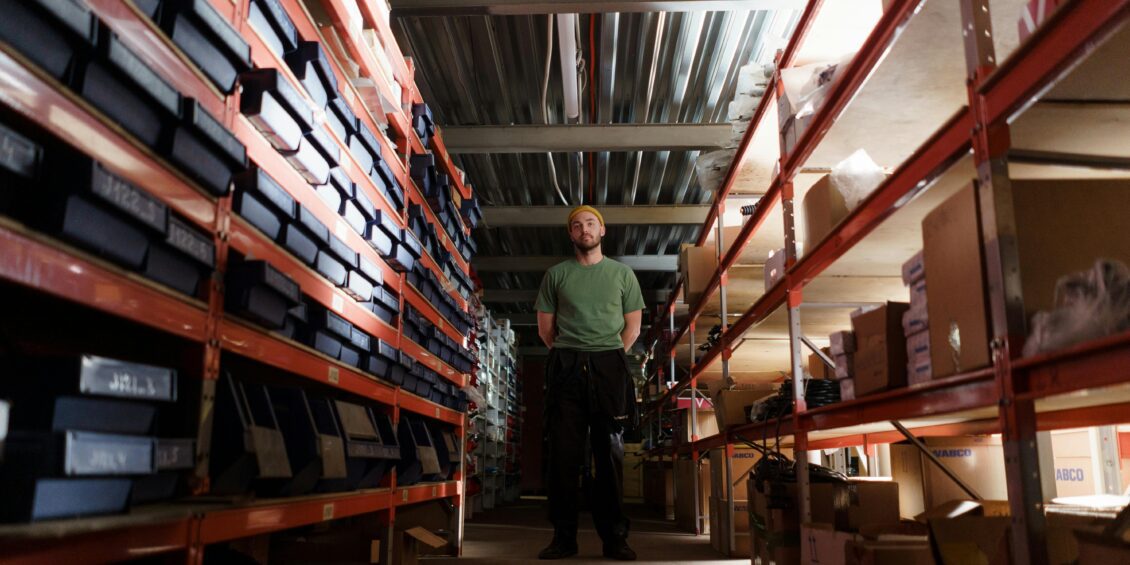
The future of work is going to look very different from the world of work at the end of the last century.
When trade union membership was at its peak in 1980, jobs were more likely to be full-time, secure and accompanied by a pension and other benefits. Unions helped workers to maintain and improve their terms and conditions.
A lack of basic employment rights
For many young people entering the workforce today, simply securing basic pay and a proper work contract can be a battle.
Recent research from the TUC shows that ‘nearly three-quarters (72%) of young employees aged 16 to 24 across the country miss out on key employment rights at work.’
Over the last twenty years, we’ve seen the rise of the ‘disposable employee’ with companies using zero hours contracts to exploit workers. Companies then recruit more people than they need to, so that if anyone makes a fuss, they can get rid of them and move to the next name on the list. Young people enter a revolving door between low paid work and the job centre.
Most MPs are 50-59
Young, working-class voters urgently need a voice in Parliament. When the average age of MPs is stubbornly stuck at around 50 it offers little hope that they will start seeing more people who look and think like them under the current voting system.
It’s important for our democracy that the make-up of the UK Parliament reflects the society in which we live. If not, a lot of people won’t see MPs who have similar shared experiences. Politicians may think they can fill this gap by meeting young people and consulting them but they will never truly know what it’s like to walk in their shoes.
Surveys, statistics and focus groups are all very well, but nothing beats having someone who has been through the same lived experience speaking out. It’s automatically more real and more powerful.
Too often young people have been used to undermine their own working rights. How often have we heard zero hours contracts justified because it enables students to fit work in around their studies?
A double disadvantage
A House of Commons research report into higher education student numbers, published in January 2024 showed that just over a third (35.85%) of 18-year-olds started university in 2023. That leaves two-thirds of 18-year-olds potentially looking for secure, well-paid and full-time work that enables them to build the kind of life they want to lead.
It’s been well established that educational attainment contributes to social mobility. Young, working-class people who don’t get the chance to go to university are being doubly disadvantaged – firstly because they miss out on higher education that would support their social mobility throughout life and secondly, because their access to secure well-paid jobs at entry level has been removed.
A greater number of parliamentary champions are needed to reverse an unstable and low paid economy and replace it with a workers economy.
Could a change in the voting system help?
First Past the Post benefits the elite. Research from the Sutton Trust showed that of the 2019 parliamentary intake, 29% of MPs had been educated privately, compared to about 7% of the population. Only just over half of MPs (54%) went to a comprehensive school compared to 88% of the population.
Proportional Representation (PR) would give all voters a greater voice in elections because every vote would count equally. PR voting systems are more successful at electing women. They also have the potential to open up opportunities for young people to secure representation from MPs their own age.
If more young people were in Parliament, there could be a greater voice for rental reform, housing ownership, tuition fees and access to higher education, as well as more robust action on the climate crisis and of course secure, well-paid jobs with opportunities for training and progression.
Many trade unions, including Unison and Unite, which have over 2 million members between them, support voting reform – you can join them by signing up here.